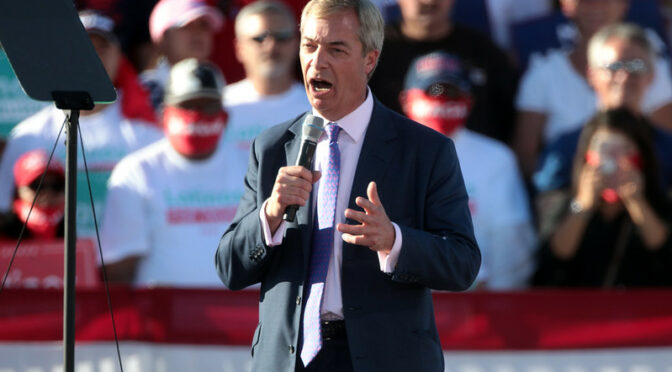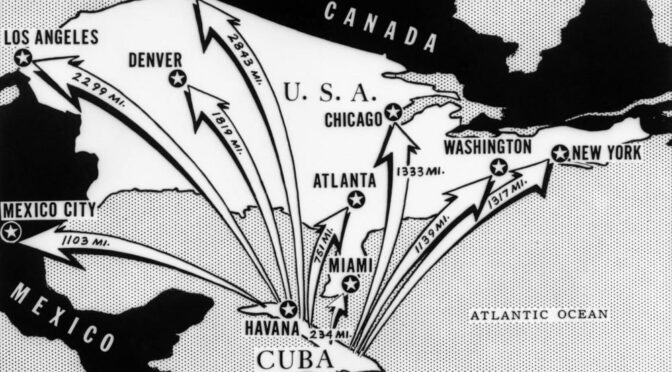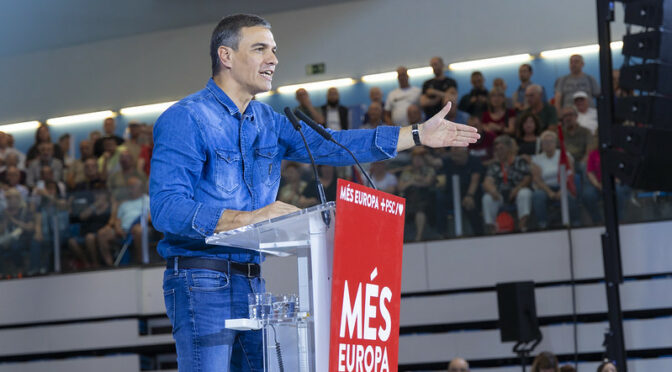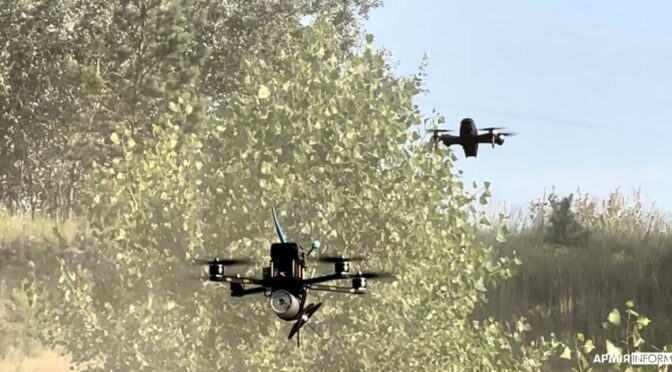Article published in The Daily Telegraph, 23 June 2024. © Richard Kemp
Nigel Farage’s claim that Nato and EU eastward expansion provoked the war in Ukraine have been greedily seized on by Russian state broadcasters and social media channels as endorsing Vladimir Putin’s claims of Western culpability for more than two years of bloodletting and destruction.
Farage’s words unintentionally feed the Kremlin’s propaganda machine, boosting domestic support for continuing the conflict at a time when even Putin seems to be contemplating some form of negotiations. They also help undermine Western resolve, which is already wavering in its support to Ukraine. Those are the dangers of a prominent British politician seeming to endorse Putin’s own excuses for his violent aggression, even though Farage believes the Russian invasion ‘immoral, outrageous and indefensible’, sentiments that were not of course picked up by the Russian media.
While he disapproves of Putin’s actions, it appears Farage actually believes that his pretext for war is genuine. That is something he has in common with Jeremy Corbyn, who appeared to justify the 2014 invasion of Crimea, claiming Putin was protecting against Nato’s ‘attempt to encircle Russia… one of the big threats of our time’. That was the man Keir Starmer said would have made a better prime minister than Boris Johnson, one of Ukraine’s most staunch defenders.
If Farage and Corbyn are right, then what is the answer? Should we expel Poland, Romania and the other eastern European member states from the alliance to end the war and prevent further aggression? The Baltic states would also have to go, as Putin says he considers their independence and Nato membership as threats to Russian security and sovereignty. Likewise Finland and Sweden, who have recently joined Nato, in response to which Putin threatened action if any Nato military infrastructure or forces were deployed on their territory.
Perhaps all our foreign policy decisions should be calibrated to avoid upsetting Putin. Should we, for example, withdraw our support from Israel, currently under attack from Putin’s ally Iran, which has been one of Russia’s main weapons suppliers in Ukraine? If so, it might be Continue reading








